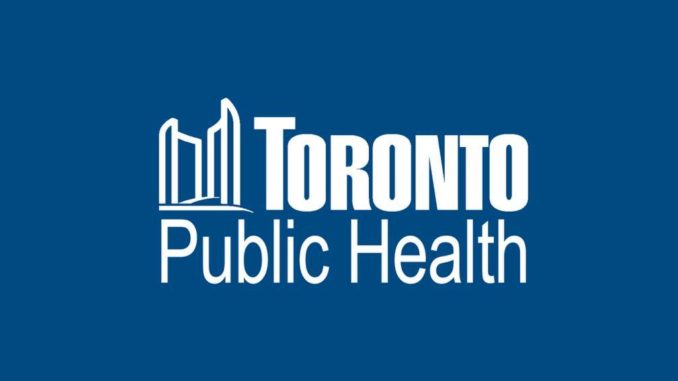
The Province of Ontario recently announced changes to how alcohol is sold in Ontario. Evidence shows that increasing access to alcohol is associated with increased consumption and potential for alcohol-related harms. Following a request from the Board of Health, Toronto’s Medical Officer of Health has prepared a report for the July 8 Board of Health meeting and this report is now available as part of the meeting’s agenda.
Recent data shows that approximately four in five Ontario adults have consumed alcohol in the past year and the drinking trend in Toronto is similar. The average number of weekly drinks consumed increased from 3.3 in 1996 to 4.9 in 2017. Alcohol consumption patterns in Ontario are changing, especially among women, who are consuming nearly 90 per cent more alcohol today than two decades ago. Men still have higher rates of alcohol consumption, but women are catching up.
Alcohol consumption is also associated with significant societal costs, eclipsing the amounts attributed to the use of other substances including tobacco, cannabis and opioids. In 2014, it was estimated that between $1.3 and $1.5 billion was spent on alcohol-related healthcare and criminal justice issues in Ontario.
The Medical Officer of Health’s recommendations to the Board of Health include working with the City Manager to review the implications of provincial regulatory changes related to increased alcohol access on City services and policies, such as the Municipal Alcohol Policy, and to determine appropriate actions. This will support the City’s ongoing efforts to promote responsible alcohol consumption at events held on City property. It is also being recommended that the province consult with local public health units, including Toronto Public Health, on how to mitigate the health and social costs of increased alcohol access.
Alcohol is a depressant drug that affects thinking, behaviour, and other physiological functions. Consumption is a leading risk factor for acute harms, including violence, injury, suicide, poisoning, and chronic diseases such as alcoholic liver disease and cancer, and fetal alcohol spectrum disorder. Problematic alcohol consumption is a serious health issue that affects individuals, families and communities.
More information is available at http://app.toronto.ca/tmmis/viewAgendaItemHistory.do?item=2019.HL8.4.
Quote:
“While alcohol is part of many celebrations in life, it also causes health risks, including some cancers. This is why responsible use is so important and why we are calling for a comprehensive provincial alcohol strategy focusing on prevention, harm reduction, treatment and enforcement.”
– Dr. Eileen de Villa, Toronto’s Medical Officer of Health
Toronto is Canada’s largest city, the fourth largest in North America, and home to a diverse population of more than 2.9 million people. It is a global centre for business, finance, arts and culture and is consistently ranked one of the world’s most livable cities. For information on non-emergency City services and programs, Toronto residents, businesses and visitors can visit http://www.toronto.ca, call 311, 24 hours a day, 7 days a week, or follow us on Twitter at http://www.twitter.com/cityoftoronto, on Instagram at http://www.instagram.com/cityofto or on Facebook at http://www.facebook.com/cityofto.

Leave a Reply